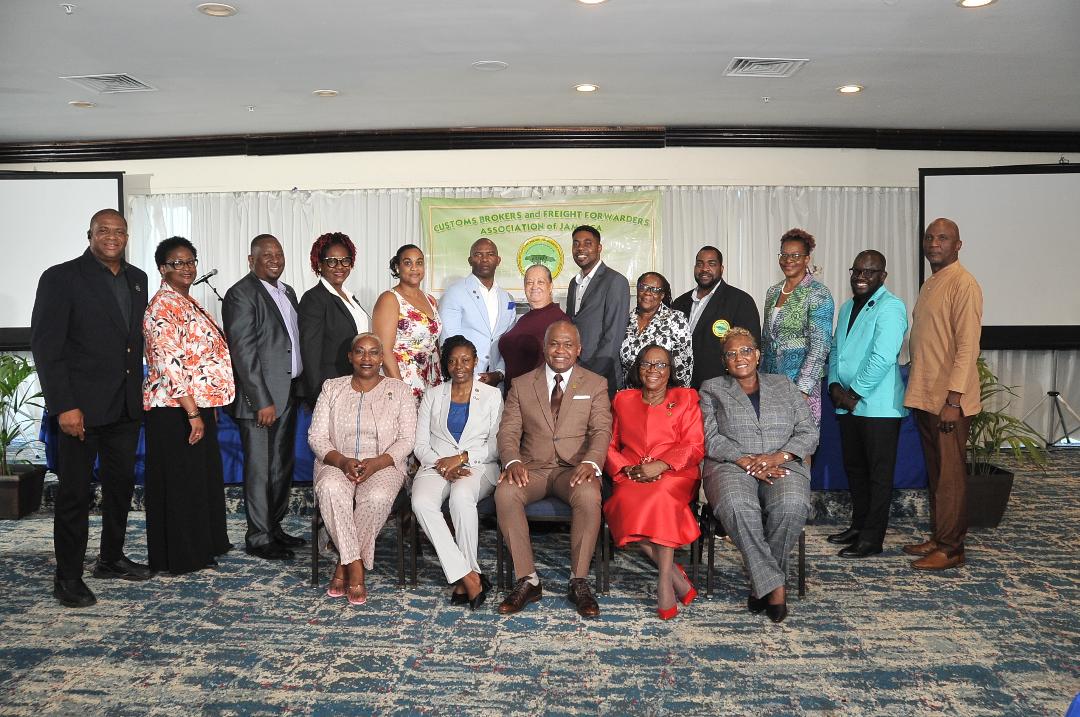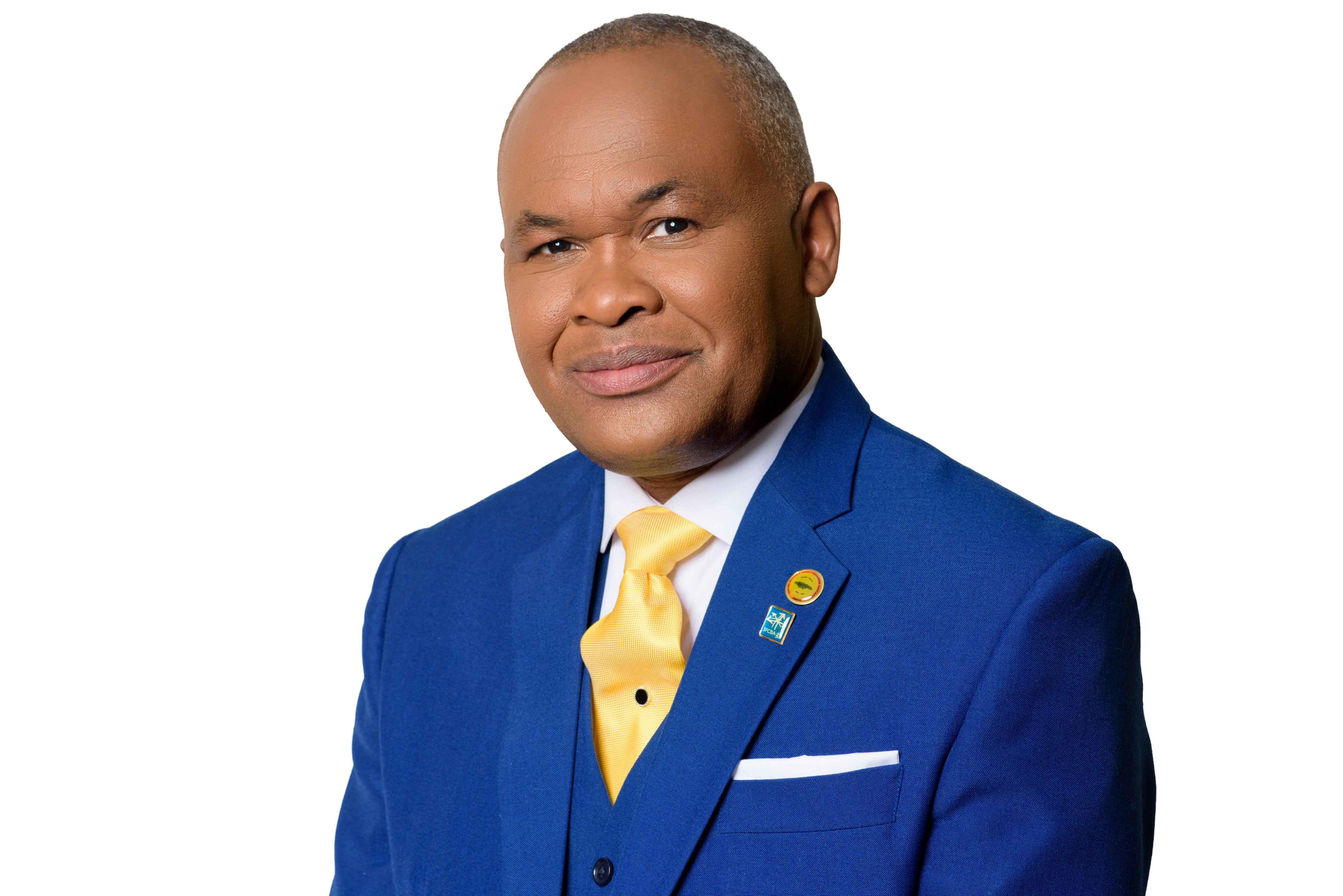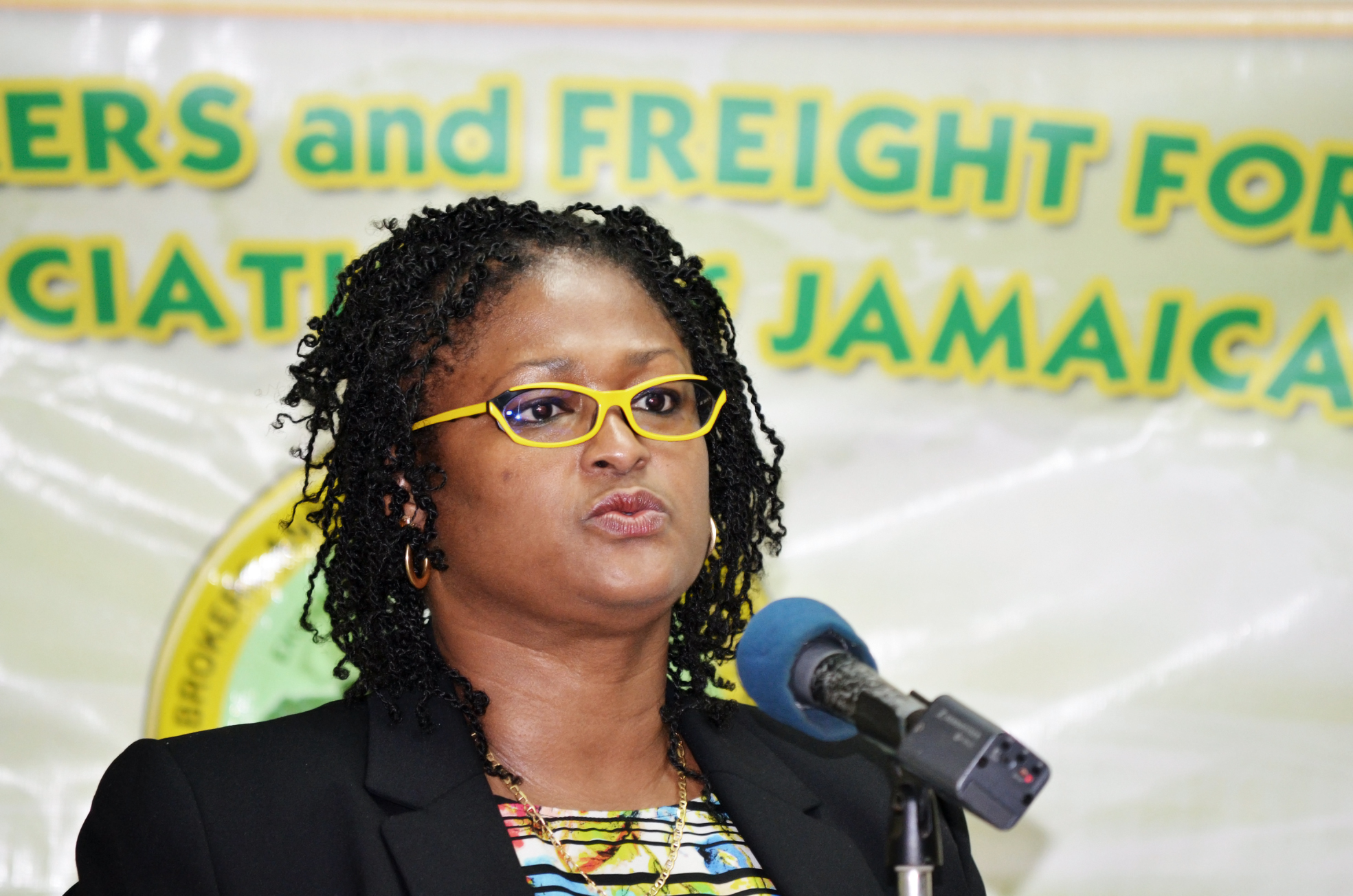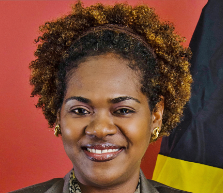The structure of the Jamaican Judicial System is based on five basic tiers. The lowest tier is the Petty Sessions Court. This court is presided over by Justices of the Peace. The Petty Sessions Court requires a minimum of two justices to be properly constituted. SometimesMagistrates exercise jurisdiction in these courts and the presiding magistrate exercises the jurisdiction of two Justices of the Peace. Appeals from this court are to the Circuit Court of the parish in which the Petty Sessions Court sits or by way of case stated to the Court of Appeal
Appeals from this court are to the Circuit Court of the parish in which the Petty Sessions Court sits or by way of case stated to the Court of Appeal
The next tier of court is the Resident Magistrates’ Court. This court is an inferior court of record and, as is the case with the Justices of the Peace jurisdiction, is governed entirely by statute. Resident Magistrates have the jurisdiction to try cases summarily as well as on indictment. The level of sanction, in terms of fines and imprisonment, are lower than that which may be imposed in the Supreme Court.
Resident Magistrates preside over a range of courts at this level. Apart from exercising jurisdiction in criminal cases, Resident Magistrates preside over the Coroner’s Court, Traffic Court, Drug Court, Tax Court, Family Court, Juvenile Court and Civil Court. The jurisdiction of the Civil Court is limited to claims not exceeding $1,000,000.00.
Appeals from the Resident Magistrates’ Court are also to the Court of Appeal.
At the third tier, the Supreme Court is the highest first instance court. It is a superior court of record and has unlimited jurisdiction. It has both inherent and statutory jurisdiction. Courts of equivalent jurisdiction in other countries are sometimes called “High Courts”.
The Supreme Court has jurisdiction in Civil, Criminal, Family, Commercial, Succession and Admiralty cases. There are also specialized courts which also exercise superior jurisdiction which are presided over by Supreme Court Judges. These are the High and Circuit Court Divisions of the Gun Court and the Revenue Court
Appeals from the Supreme Court are also made to the Court of Appeal.
The Court of Appeal is the court to which all appeals are first referred. The Court of Appeal is the fourth tier of the court structure. Its procedure is governed by statute. It may confirm, overturn or vary judgments in any cases in which there are appeals from any of the first-instance courts.
In the majority of cases the decisions of the Court of Appeal may be subject to appeal to the Judicial Committee of the Privy Council (The Privy Council). Technically, the appeal is to the Head of State which is the Sovereign. The Privy Council hears the appeal and makes a recommendation to the Sovereign as to the manner in which the appeal is to be resolved. It may recommend confirmation, overturn or variation of the judgment of the Court of Appeal. The Privy Council is the fifth and highest tier of the Jamaican Court System. Appeals to the Privy Council are restricted to cases of a certain monetary value or where they are of exceptional public importance.















